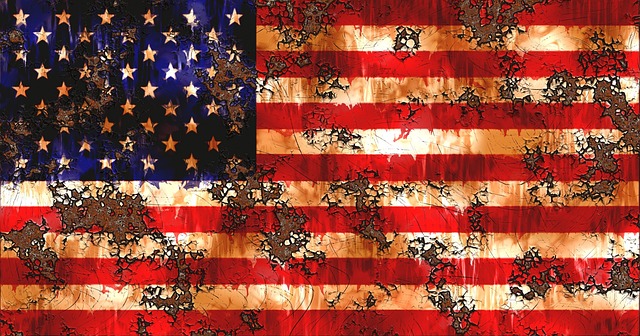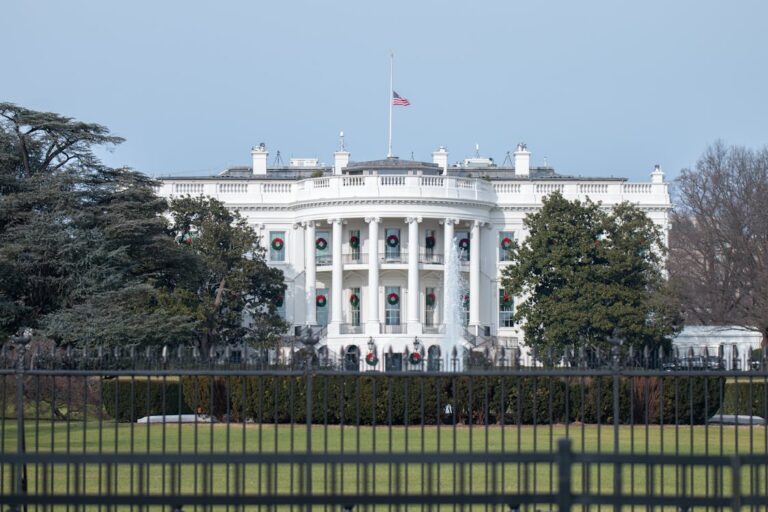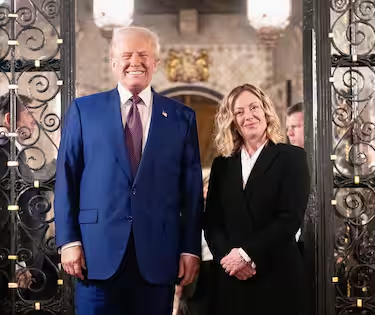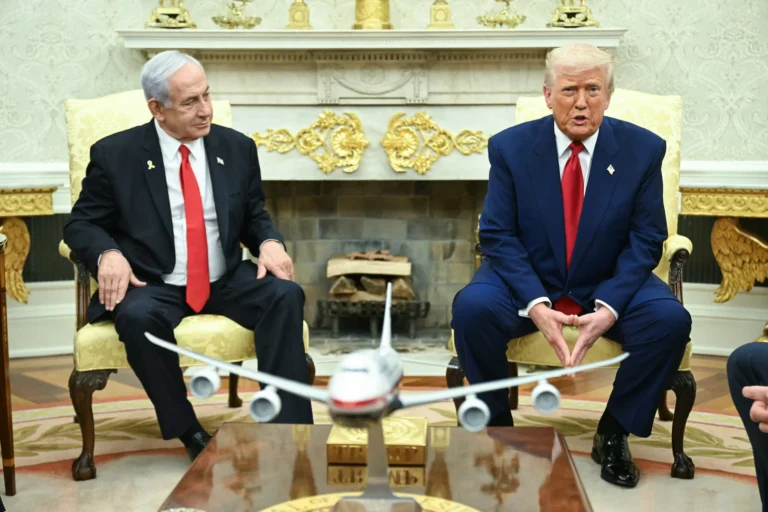
The political landscape in the United States in 2025 is significantly shaped by the outcomes of the 2024 presidential election, particularly with Donald Trump potentially returning to the presidency.
This shift could lead to substantial changes in American foreign policy, which has been characterized by a mix of continuity and divergence from previous administrations.
The Context of Trump’s Return
Donald Trump’s anticipated return to power is marked by a stark contrast to the foreign policy approaches of his predecessor, Joe Biden. Under Biden, the U.S. re-engaged with international alliances, reaffirming commitments to NATO and multilateral agreements like the Paris Climate Accord. In contrast, Trump’s “America First” doctrine emphasizes unilateralism and a transactional approach to foreign relations, which could reshape America’s role on the global stage
Key Areas of Foreign Policy Change
China Relations
- Trump’s administration is likely to adopt a more aggressive stance towards China, viewing it as a primary geopolitical competitor. This could involve heightened trade tensions and a focus on countering China’s influence in Asia and beyond
NATO and European Security:
- Trump has historically been critical of NATO, questioning its relevance and the financial contributions of member states. A return to his presidency may lead to further strain on transatlantic relations and could embolden adversarial actions from Russia, particularly in Eastern Europe
Middle East Policy:
- Trump’s approach to the Middle East may favor strong alliances with Israel and Gulf states while sidelining traditional diplomatic efforts regarding Palestinian issues. This could exacerbate regional tensions and complicate U.S. involvement in ongoing conflicts
Global Institutions:
- Expect a skepticism towards international institutions under Trump’s leadership. His previous withdrawal from agreements like the Iran Nuclear Deal signals a potential for further disengagement from multilateral frameworks that have been central to U.S. foreign policy since World War II
Domestic Polarization and Foreign Policy Implications
The polarization within American society also reflects on its foreign policy. The contrasting views between Democrats and Republicans regarding international engagement will continue to influence how foreign policy is crafted and implemented. Trump’s administration may prioritize domestic interests over global cooperation, which could lead to isolationist tendencies

Salvatore Riela è un giornalista e fondatore di Oltremare Magazine, noto per la sua passione per il giornalismo d’inchiesta. Si impegna a fornire notizie accurate e approfondite, illuminando le “terre dimenticate” e promuovendo una comprensione più profonda delle relazioni internazionali. La sua missione è quella di informare ed educare i lettori, sottolineando l’importanza di un’informazione etica e responsabile.







